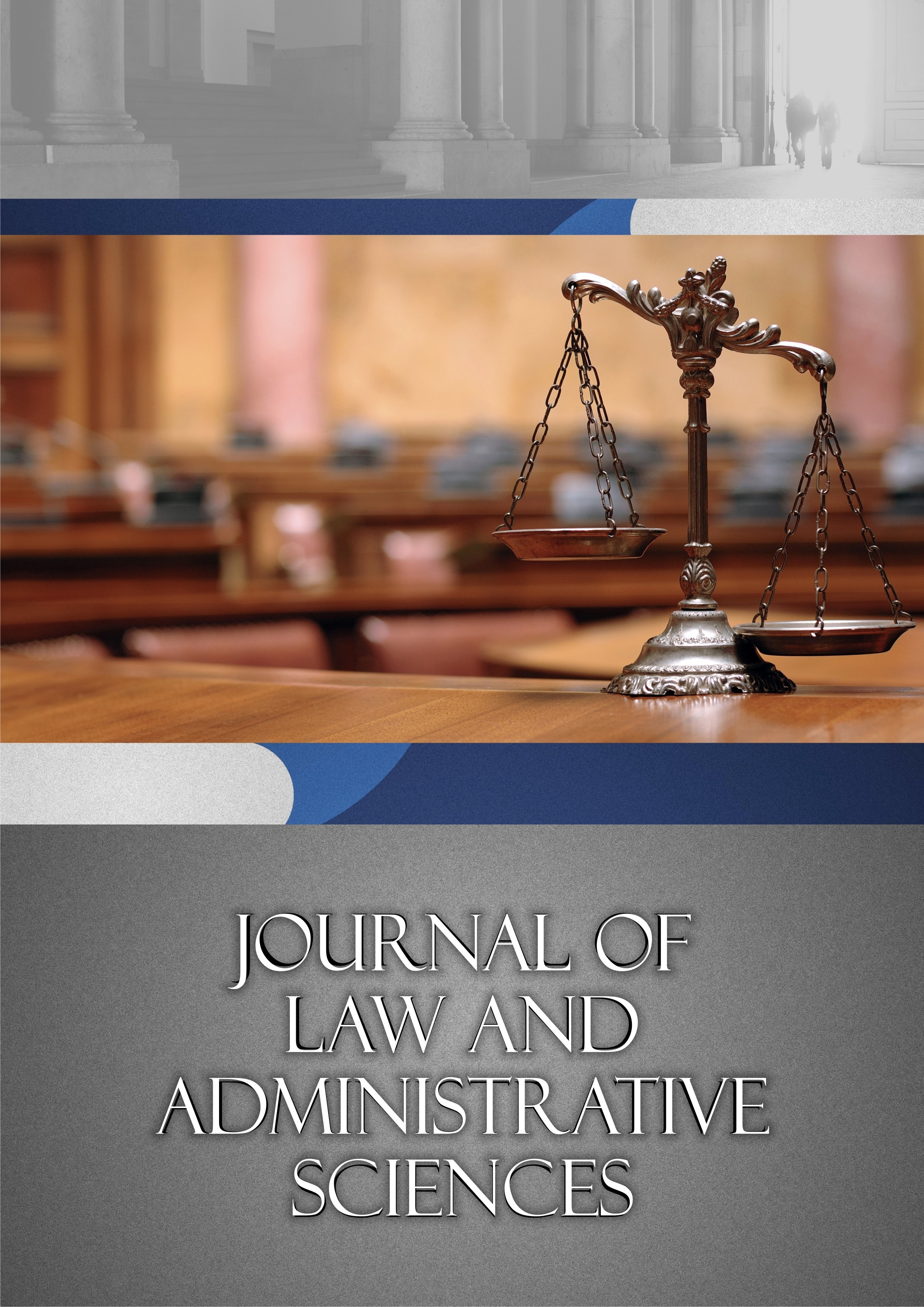John Locke -a forerunner of the liberalism and contemporary constitutionalism
John Locke -a forerunner of the liberalism and
contemporary constitutionalism
Author(s): Marius AndreescuSubject(s): Politics / Political Sciences, Philosophy, Social Sciences, Law, Constitution, Jurisprudence
Published by: Editura Universitatii Petrol-Gaze din Ploiesti
Keywords: the concept of experience in philosophy; the sensitivity and reason; man's natural rights ; the social state continuator of the natural State
Summary/Abstract: Many authors may consider that there is no longer of interest the resuming of the issues of the social contract doctrine, as the contemporary realities appear to have been departed from the principles sustained in the works of the XVIII -XIX centuries philosophers and politicians, who supported and argued the key aspects of this theory and, much more, there no longer exist new theoretical elements whose specific issues be continued and developed.In our opinion, the bases of philosophical and political doctrine of the social contract are of immediate relevance, because, compared with the theory’s classical principles resumed and developed in the modern and contemporary law philosophy and some other branches of constitutional law, represent possible solutions to the fundamental problems of the State’s existence and of society, but also with regard to the complex relationships between man -society -state.In his writings, John Locke gave expression to the political and social ideals of the English bourgeoisie of his time. His treaties on the governance are considered the basic texts of the modern democratic liberal doctrine and, we may say, prefigure the constitutionalism and supremacy of the rights in their contemporary meanings. Together with other authors, we state that the capital significance of John Locke’s work for the juridical will and thinking and the modern policy is linkedto the ideal of eliminating the discretionary power and arbitrariness of state’s power exercising and the establishing of a state society, based on rules in which, the principles of law supremacy and respecting of man’s natural rights, to represent the basis for building the social institution
Journal: Jurnalul de Drept si Stiinte Administrative
- Issue Year: 2/2015
- Issue No: 4
- Page Range: 95-107
- Page Count: 13
- Language: English

